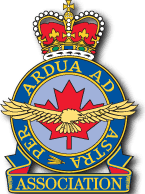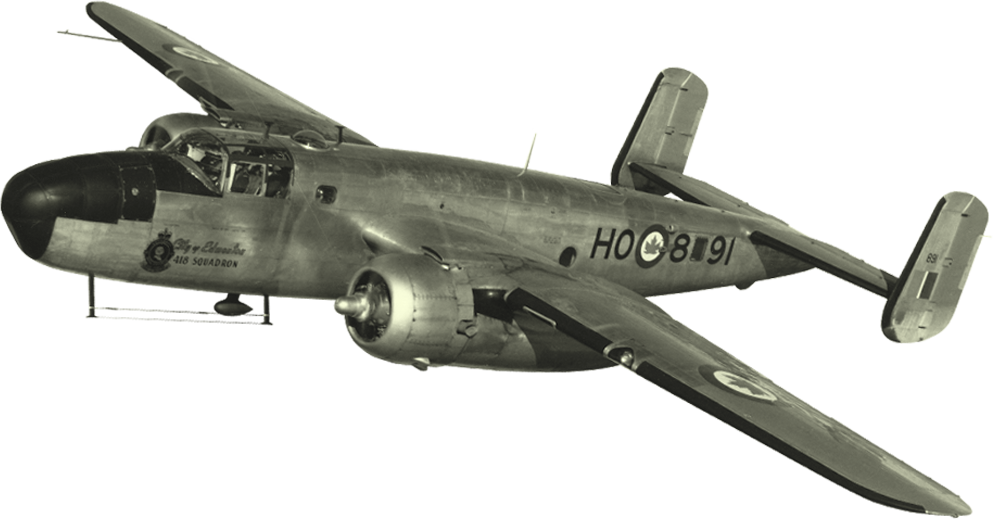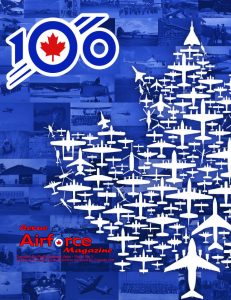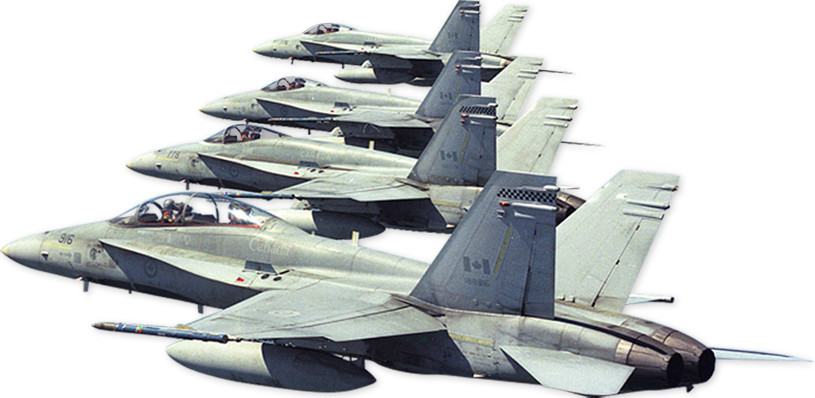McKENZIE,
Melvin Muir
Leading Aircraftman,
Station Tholthorpe,
R273581
British Empire Medal
RCAF Personnel Awards 1939-1949
Description (click to view)
McKENZIE, LAC Melvin Muir (R273581) - British Empire Medal - Station Tholthorpe - Award effective 27 October 1944 as per London Gazette of that date and AFRO 293/45 dated 16 February 1945. Born 26 September 1924 at Little Current, Saskatchewan; home in Tehkommah, Ontario (farmer); enlisted in Toronto, 27 August 1943 for General Duties. To No.1 Manning Depot, 27 August 1943. To No.9 SFTS, 7 September 1943. Promoted AC1, 27 December 1943. To “Y” Depot, 1 February 1944. Taken on strength of No.3 PRC, Bournemouth, 14 February 1944. Repatriated to Canada, 24 September 1945. Released 30 November 1945. Died in Cambridge, Ontario, 30 January 2015. Event also led to award of George Cross to A/C A.D. Ross, George Medal to FS J.R.M. St.Germain and Corporal M. Marquet, and BEM to LAC R.R. Wolfe. Presented at Buckingham Palace, 7 November 1944.. Photo PL-33961 shows A/V/M McEwen congratulating St. German, McKenzie, and Marquet. PL-33979 and PL-33964 show McKenzie alone. PL-33981 taken outside Buckingham Palace shows Marquet, St.Germain, Ross, and McKenzie. PL-33983 (ex UK-16370 dated 9 November 1944) shows him alone outside palace after investiture. PL-40168 shows McEwen with Marquet, Ross and McKenzie. // One night in June 1944, an aircraft, while attempting to land, crashed into another which was parked in the dispersal area and fully loaded with bombs. The former aircraft had broken into three parts and was burning furiously. Air Commodore Ross was at the airfield to attend the return of aircraft from operations and the interrogation of aircrews. Flight Sergeant St.Germain, a bomb aimer, had just returned from an operational sortie and Corporal Marquet was in charge of the night ground crew, whilst Leading Aircraftmen McKenzie and Wolfe were members of the crew of the crash tender. Air Commodore Ross, with the assistance of Corporal Marquet, extricated the pilot who had sustained severe injuries. At that moment ten 500-pound bombs in the second aircraft, about 80 yards away, exploded, and this officer and airman were hurled to the ground. When the hail of debris had subsided, cries were heard from the rear turret of the crashed aircraft. Despite further explosions from bombs and petrol tanks which might have occurred, Air Commodore Ross and Corporal Marquet returned to the blazing wreckage and endeavoured in vain to swing the turret to release the rear gunner. Although the port tail plane was blazing furiously, Air Commodore Ross hacked at the perspex with an axe and then handed the axe through the turret to the rear gunner who enlarged the aperture. Taking the axe again the Air Commodore, assisted now by Flight Sergeant St.Germain as well as by Corporal Marquet, finally broke the perspex steel frame supports and extricated the rear gunner. Another 500-pound bomb exploded which threw the three rescuers to the ground. Flight Sergeant St.Germain quickly rose and threw himself upon a victim to shield him from flying debris. Air Commodore Ross's arm was practically severed between the wrist and elbow by the second explosion. He calmly walked to the ambulance and an emergency amputation was performed on arrival at station sick quarters. Meanwhile, Corporal Marquet had inspected the surroundings and, seeing petrol running down towards two nearby aircraft, directed their removal from the vicinity by tractor. Leading Aircraftmen McKenzie and Wolfe rendered valuable assistance in trying to bring the fire under control and they also helped to extricate the trapped rear gunner, both being seriously injured by flying debris. Air Commodore Ross showed fine leadership and great heroism in an action which resulted in the saving of the lives of the pilot and rear gunner. He was ably assisted by Flight Sergeant St.Germain and Corporal Marquet who both displayed courage of a high order. Valuable service was also rendered by Leading Aircraftmen McKenzie and Wolfe in circumstances of great danger. // NOTE: See Ross entry for discussions respecting these awards. Public Record Office Air 2/8784 has original recommendation specific to Mackenzie, drafted by S/L H.G. Austin (Senior Flying Control Officer, Tholthorpe), noting Mackenzie’s trade as Aircraft Hand/General Duties. // On the night of June 27/28th, 1944, Leading Aircraftman Mackenzie was on duty as a firefighter on the crash tender when an aircraft in attempting to land, crashed into another, which was parked on a dispersal and exploded. The crash tender immediately went to the scene, and in addition to trying to bring the fire under control, Leading Aircraftman Mackenzie went to the assistance of the rear gunner who was trapped in his turret. During his attempts several bombs exploded in the aircraft which had been struck by the landing aircraft. Despite the fact that there was further danger from exploding bombs and that he had suffered extremely from blast of the first explosion, Leading Aircraftman Mackenzie continued in his efforts until the rear gunner was released. He had just achieved this when a second explosion occurred which caused him to be seriously injured - multiple shrapnel wounds. // His undaunted devotion to duty during this hazardous occasion sets a high standard and his cool courage is most commendable. Leading Aircraftman Mackenzie’s efforts undoubtedly assisted in the saving of the life of the rear gunner, and he is strongly recommended for the award of the British Empire Medal. // The above recommendation is not dated, but on 12 July 1944, G/C J.L. Hurley (Station Commander, Tholthorpe) wrote the following: // Leading Aircraftman Mackenzie’s fine display of courage and devotion to duty in the face of extreme danger from exploding bombs merits the highest praise. His outstanding efforts at the scene of the crash undoubtedly assisted in bringing the rescue to a successful conclusion without loss of life. // Unfortunately, Leading Aircraft Mackenzie was seriously wounded by shrapnel, when the second explosion occurred and is now in hospital dangerously ill. In recognition of Leading Aircraftman Mackenzie’s zealous devotion to duty and high courage, I recommend the immediate award of the British Empire Medal. // A/C J.L. Hurley (in his capacity as Acting Base Commander, No.62 Base) concurred in his own recommendation on 12 July 1944, and A/V/M C.M. McEwen, Air Officer Commanding, No.6 Group, endorsed the submission on 21 July 1944.








